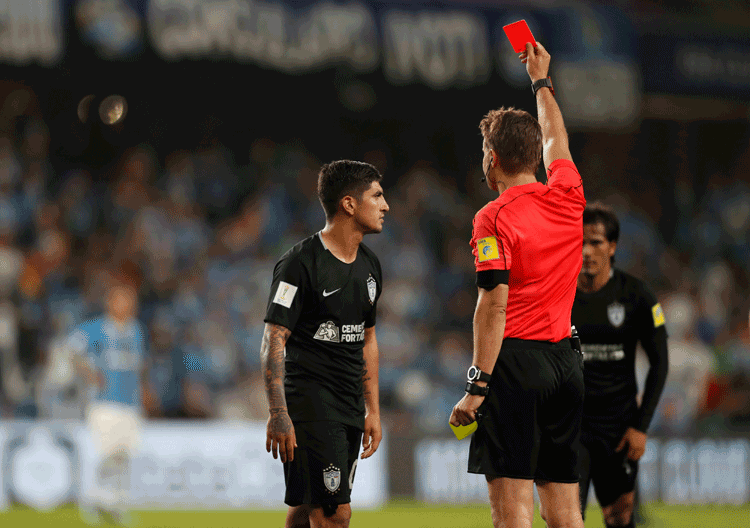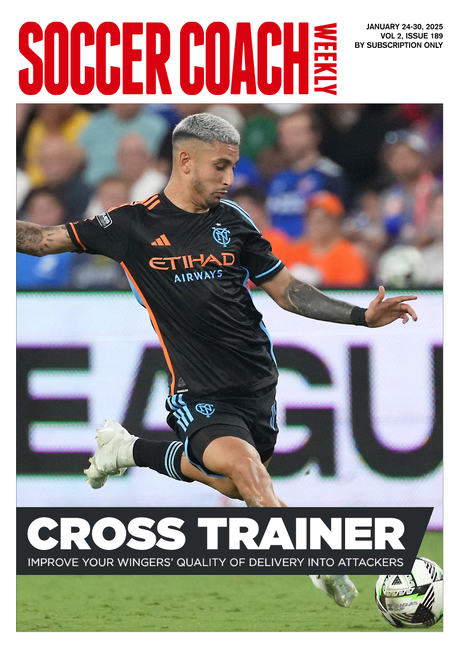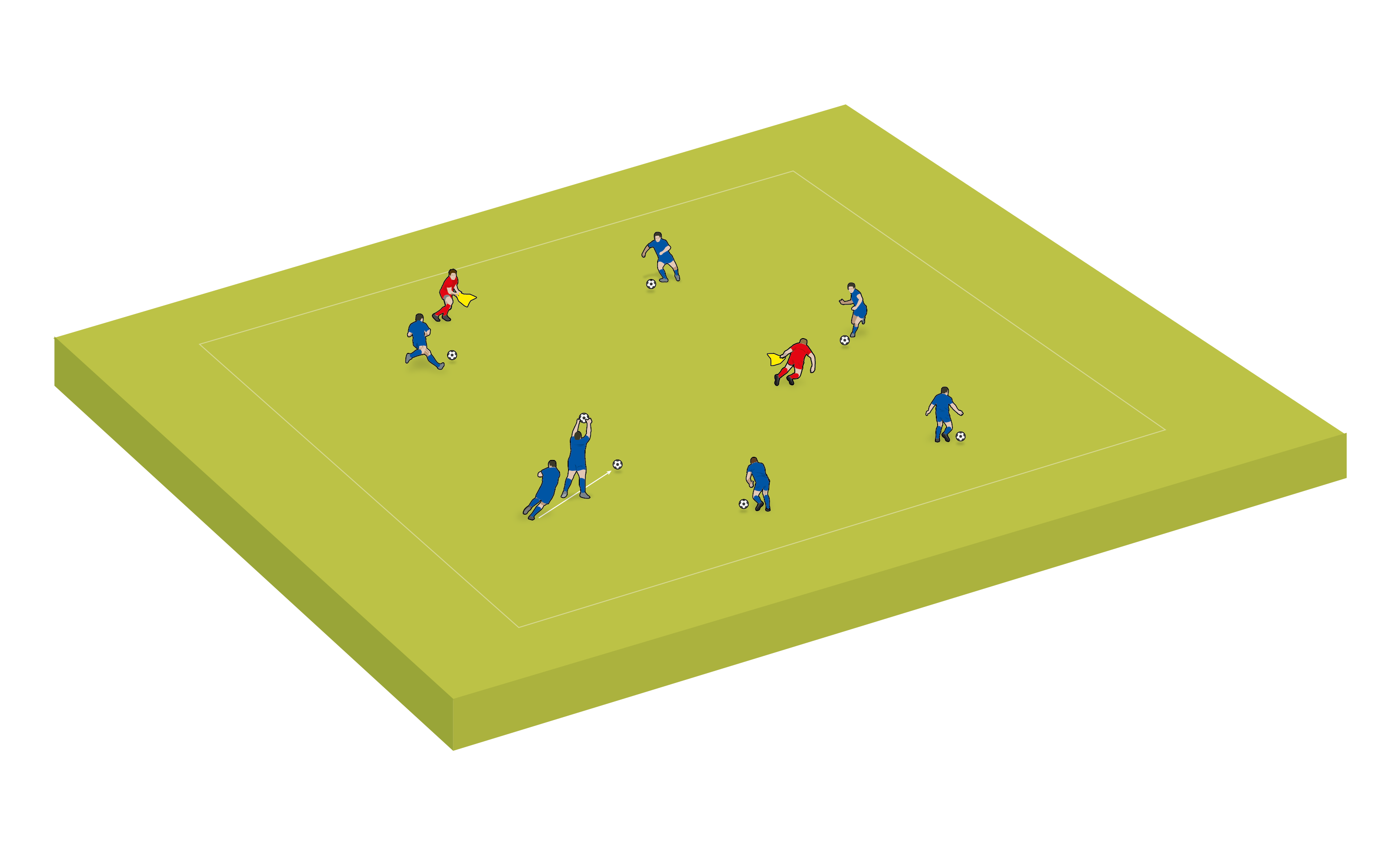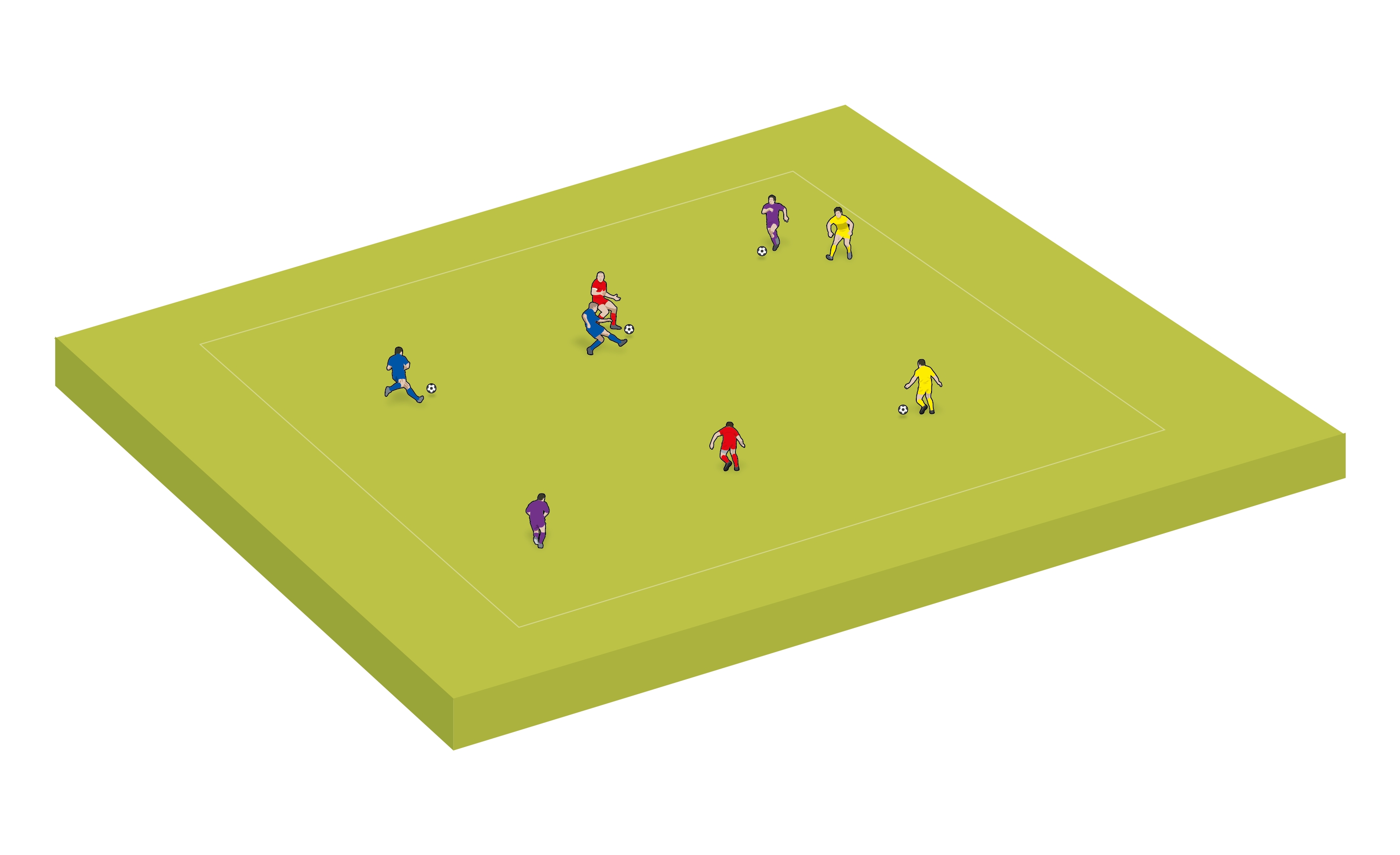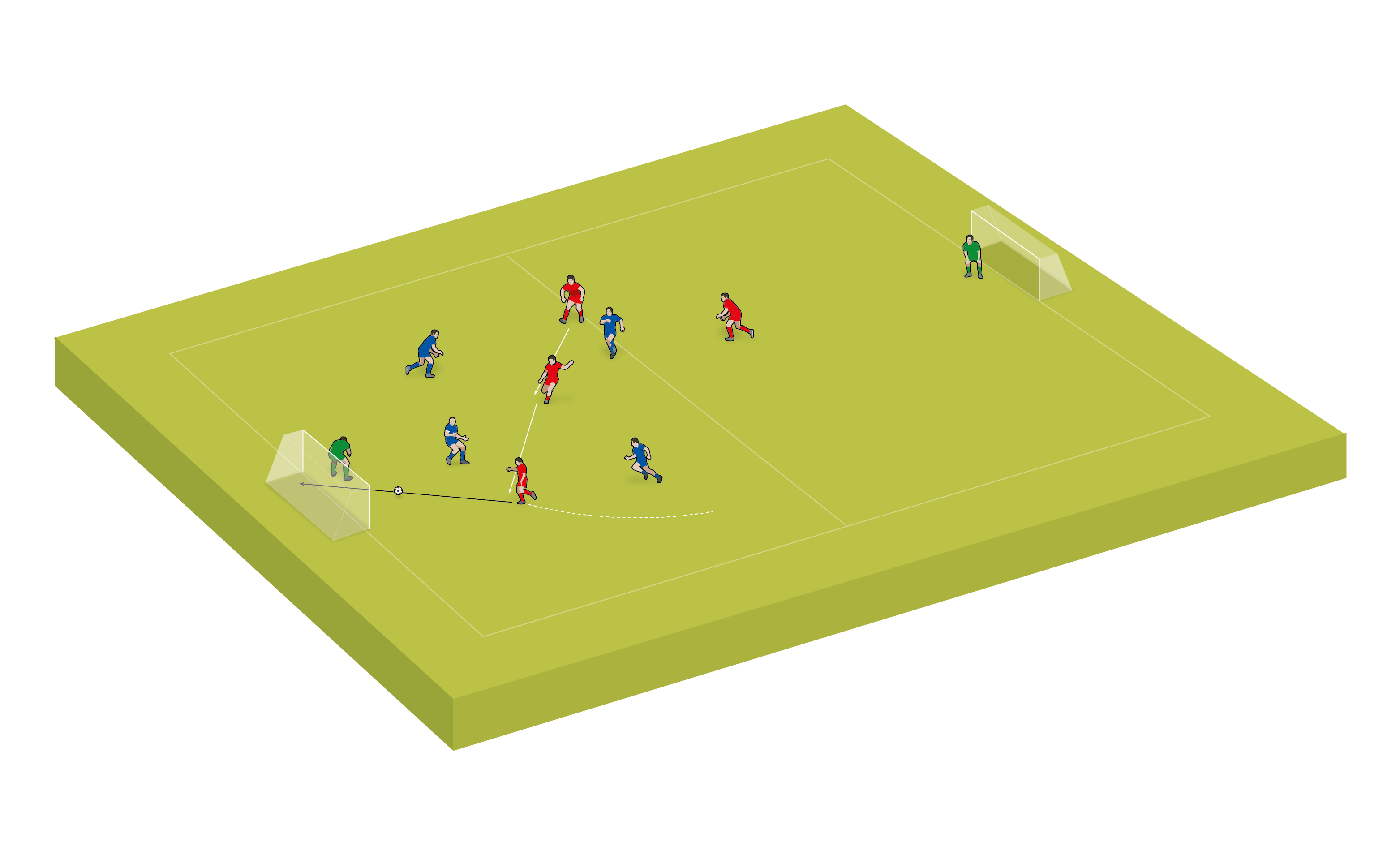8 tips to tame an undisciplined team
Every coach comes across a bunch of players who mess about rather than get on with the training session. If you have problems with player ‘misbehaviour’, these tips will help you restore - and maintain - order.
Every coach comes across a bunch of players who mess about rather than get on with the training session. If you have problems with player ‘misbehaviour’, these tips will help you restore - and maintain - order.
1. Have high expectations
It’s vital to have high expectations and to communicate them to your players.
As a minimum, you should require concentration, effort and - yes - hard work. If you are prepared to settle for anything less then 100% effort then that’s what you’ll get...every time.
And if you tolerate laziness, players turning up late, talking while you’re talking, over-rough play or bad language then you’ve only got yourself to blame if your coaching sessions become chaotic.
2. Agree a set of rules (and sanctions) BEFORE you need them
Your team needs rules. But they need to be fair and agreed with your players. So ask your players what they think the rules should be.
If you simply impose an arbitrary set of rules you can’t expect your players to buy into them. As well as agreeing the rules you need to agree progressive and logical sanctions for breaking them that are applied consistently, regardless of who the offender is.
If a player deserves to miss a match because of their behaviour, it doesn’t matter if it’s your star striker… they still miss the match.
My players know that if one of them breaks a rule I’ll behave like a good referee and have a quiet word with them. If that doesn’t work, they get a yellow card and sit out the end of session scrimmage. A second yellow results in a red card and the player misses the next match.
Further rule infringements will result in a meeting with the player’s parents and, ultimately, could result in being banned from training or asked to leave the club.
Whatever sanctions you decide on, make sure your players (and their parents) know what they are before you implement them.
3. What’s the most important rule?
Your players health and safety is your number one priority so make sure rule number 1 is designed to protect them from harm. ’No talking when I’m talking’ is my number 1 rule - if players don’t listen to instructions they could hurt themselves or others.
4. Get eyes in the back of your head
Be observant and challenge inappropriate behaviour immediately. If you ignore it, hoping it will go away, you are sending a message to your players that you don’t care what they are doing. Doing nothing encourages offenders and seriously demotivates players who are playing by the rules.
5. Don’t waste your ammo
If you over-react to a little bit of misbehaviour, (for example, making all your players miss a scrimmage for breaking a minor rule), your players will quickly realise that you don’t have anything left for when things really get out of hand. They will take advantage of that fact and you’ll soon wish you saved some bullets.
6. Draft in another coach
Ask a colleague to take one or more of your sessions and watch how your players react to the change.
7. You are not your players’ friend, you’re their coach
By all means be friendly but don’t fall into the trap of wanting to be liked. That’s not what you’re there for.
8. If you’ve got bad apples, get rid of them
Do not put up with persistent misbehaviour or laziness when players have had ample opportunity to improve. Moving a player on is not an easy thing to do, but you (and the rest of your players) will feel a lot better when the bad apples leave.
Newsletter Sign Up
Coaches Testimonials

Gerald Kearney, Downtown Las Vegas Soccer Club

Paul Butler, Florida, USA

Rick Shields, Springboro, USA

Tony Green, Pierrefonds Titans, Quebec, Canada
Subscribe Today
Discover the simple way to become a more effective, more successful soccer coach
In a recent survey 89% of subscribers said Soccer Coach Weekly makes them more confident, 91% said Soccer Coach Weekly makes them a more effective coach and 93% said Soccer Coach Weekly makes them more inspired.
*includes 3 coaching manuals
Get Weekly Inspiration
All the latest techniques and approaches
Soccer Coach Weekly offers proven and easy to use soccer drills, coaching sessions, practice plans, small-sided games, warm-ups, training tips and advice.
We've been at the cutting edge of soccer coaching since we launched in 2007, creating resources for the grassroots youth coach, following best practice from around the world and insights from the professional game.
